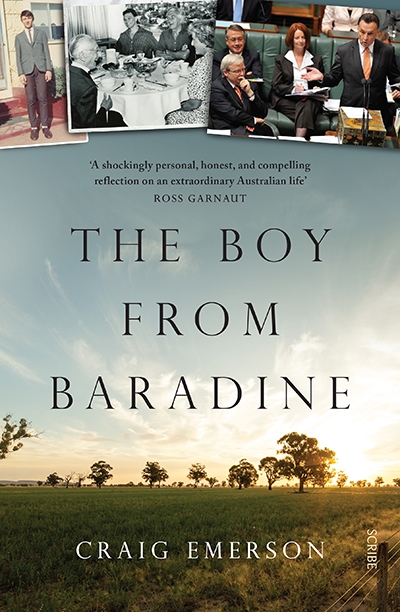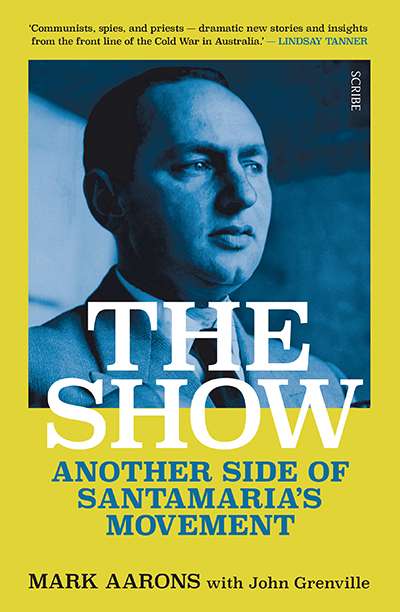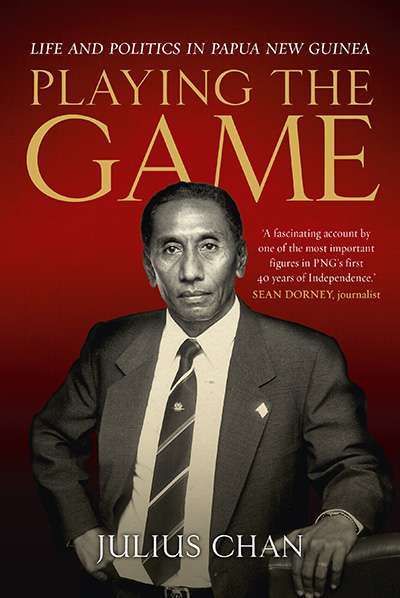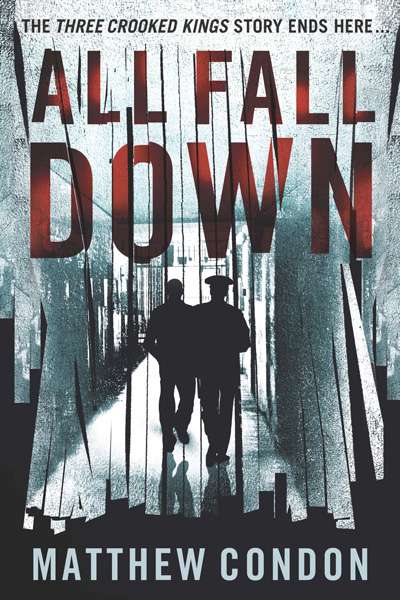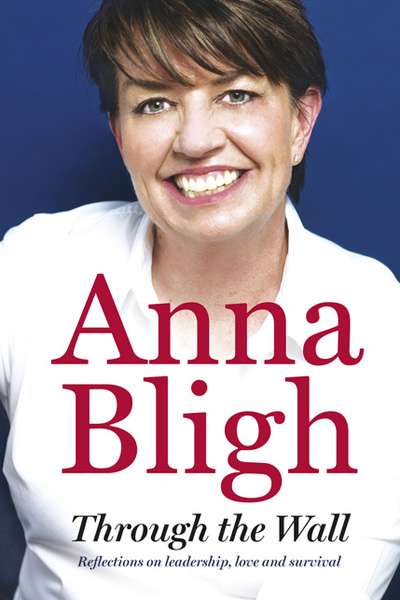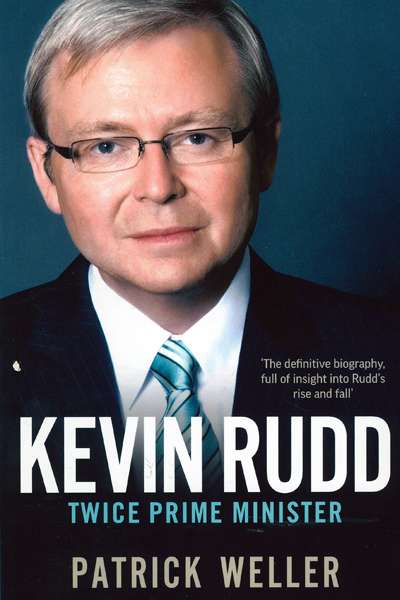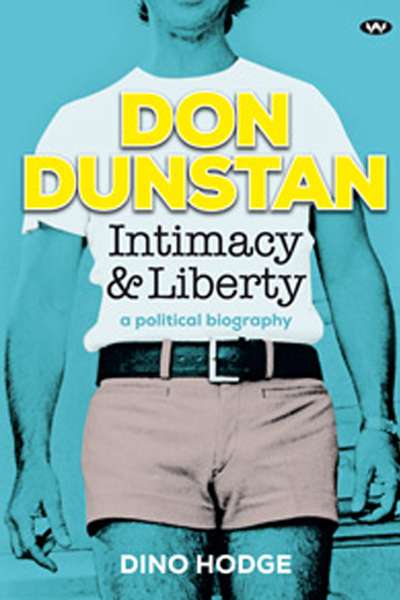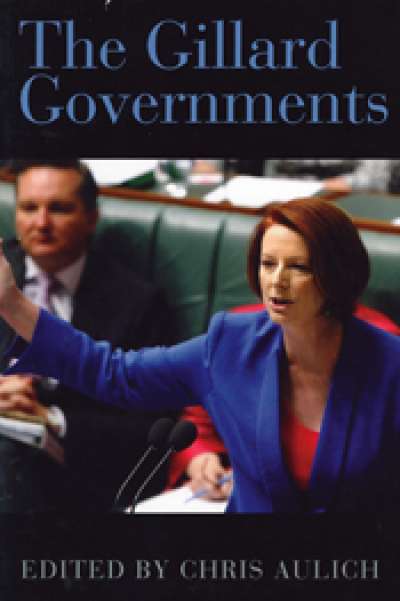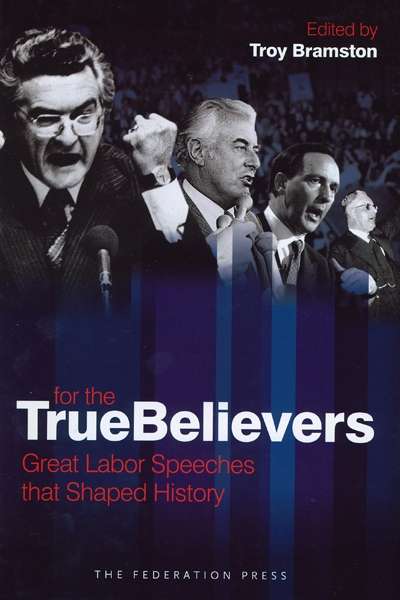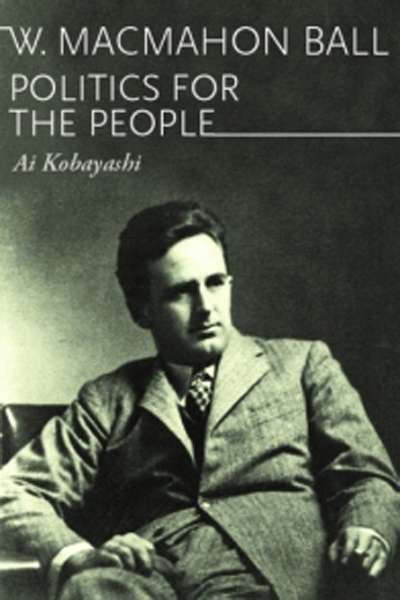Lyndon Megarrity

Lyndon Megarrity is a Queensland historian and tertiary teacher. He is the author of Northern Dreams: The Politics of Northern Development in Australia (2018).
The Movement was a secret organisation which radically reduced the power of the Communist Party of Australia (CPA) within the union movement during the 1940s and 1950s. Initiated by B.A. Santamaria, the Movement was very active in several Australian states and worked with the general knowledge and approval of key Catholic Church bishops. The Movement (or the Show) ultimately aimed to steer the Aus ... (read more)
Papua New Guinea is so close to Australia, and yet so far away. We rarely hear about our near neighbour, unless there is a crisis reported in the media. Julius Chan's highly readable memoir should encourage more Australians to develop more curiosity about PNG, its complex history and multiple cultures.
Twice prime minister of Papua New Guinea (1980–82, 1994–97) and now governor of the provinc ... (read more)
All Fall Down, set in 1980s Queensland, chronicles the direct and indirect links between officials and local criminals exposed by the Fitzgerald Inquiry (1987–89). It is the last volume in a trilogy that largely focuses on police corruption between the 1940s and 1980s, but there is also some discussion of the cronyism, misuse of powers, and corruption within the Country Party (later National Par ... (read more)
After a substantial career as a minister in the Beattie government, Anna Bligh served as Queensland Labor premier from 2007 to 2012. She was the first female premier in Australia to lead her party to victory at a state election. These experiences have given her many interesting tales to tell about winning elections, retaining community and party support, as well as pushing through reforms. Bligh ... (read more)
In modern Australia, politics and public policy appear to reflect a narrow range of managerial, political, and economic opinions. Even the much publicised ‘listening tours’ conducted by politicians seem designed to show that they are sensitive to community concerns, but not so sensitive as to want to change policy direction. What makes current discussion of political issues so dispiriting is t ... (read more)
When I was commissioned to write this review, I assumed that this book would be a conventional political biography. I looked forward to reading about Dunstan’s career as premier of South Australia (1967–68 and 1970–79), as his record of achievements showed that our states and territories have the potential to be powerful players in social and cultural reform. However, the focus of Dino Hodge ... (read more)
The prime ministership of Julia Gillard attracted an immense amount of media attention, not least because of the novelty of a female leader aspiring to embody the values and dreams of the Australian people. As opposition to her policies and style grew, Gillard as the government figurehead was at times subjected to extremist protests that used her gender as a weapon. Gillard’s prime ministership ... (read more)
‘Well may we say “God Save the Queen”, because nothing will save the Governor-General.’
Gough Whitlam’s famous words during his impromptu speech after the Dismissal in 1975 remain a potent symbol of the excitements and turbulence of the Whitlam era. As Troy Bramston’s collection of ALP speeches since 1891 reminds us, political speeches can capture a national mood or sentiment at a par ... (read more)
William Macmahon Ball (1901–86) was many things: an academic, a diplomat, a writer, and what we would now refer to as a ‘public intellectual’. As Ai Kobayashi’s new study of this fascinating man ably demonstrates, Ball was predominantly an educator. In the classroom, through books, and in the media, Ball encouraged his audience to reflect more deeply and actively on Australia’s relations ... (read more)

